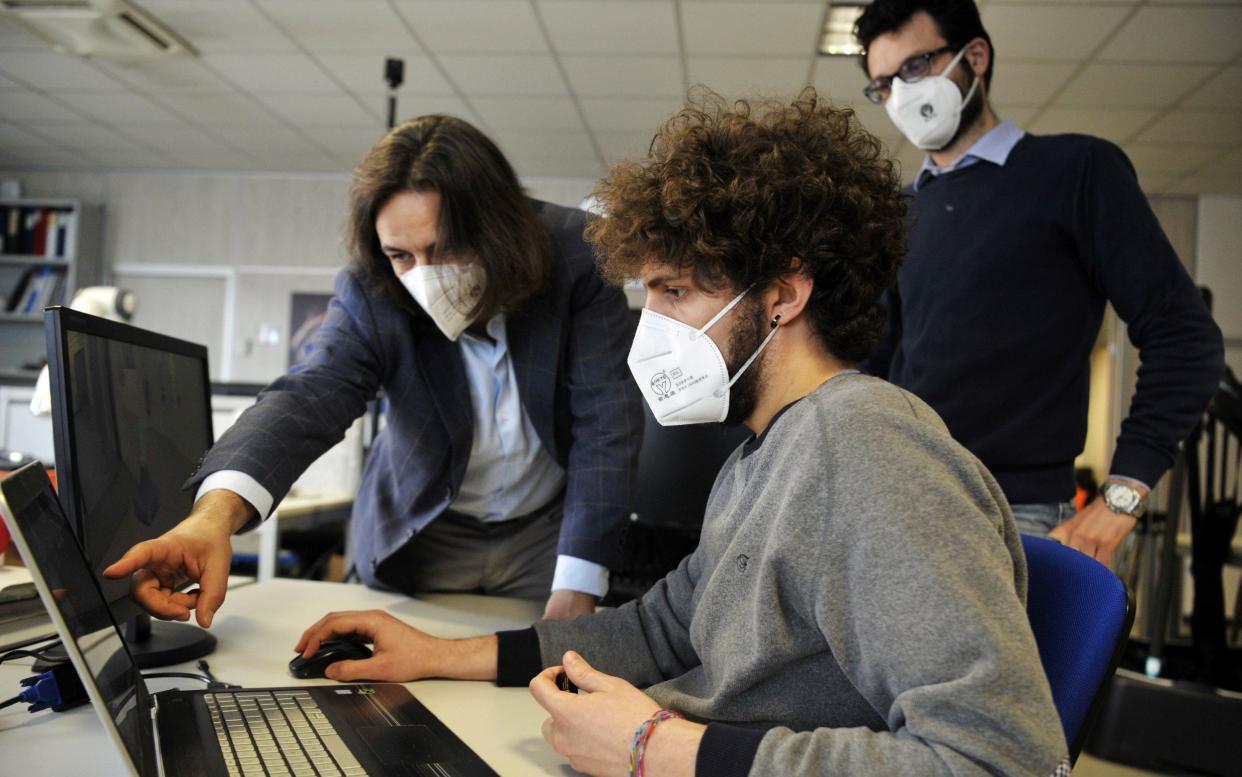Coronavirus antibody testing could result in discrimination at work, ministers warned

Rolling out antibody testing to see whether people have had coronavirus could result in discrimination at work, Government scientists have warned.
In a briefing document prepared by the Scientific Advisory Group for Emergencies (Sage) in April, experts said managers may prioritise those who have tested positive when offering jobs.
This could lead to widespread "gaming" of the system in which people desperate for work deliberately get infected with Covid-19. Alternatively, a black market for counterfeit positive test results could emerge.
Since the early days of the crisis, ministers have touted widespread access to antibody tests as a potentially powerful tool to enable the easing of restrictions.
Assuming that the presence of antibodies indicates at least some immunity from future infection, a positive test result could enable a form of "immunity passporting", experts have suggested.
It might also allow parts of the country to leave lockdown earlier than others, a strategy that the Government's chief scientific adviser, Sir Patrick Vallance, acknowledged on Tuesday was being examined by experts.
Promises of home-testing kits were quickly dashed when it emerged that the technology was not accurate enough, but laboratory-based blood testing systems are hoped to come online in the UK this month.
Now the document from April 13 reveals the feared downsides of the capability.
"Some employers may discriminate on the basis of antibody status," the scientists warned. "This might include not permitting those testing antibody negative to return to work, or only taking on new staff with antibody positive test results."
The Sage committee also examined evidence suggesting that a test that met Government requirements to be at least 98 per cent accurate could still result in a significant number of false positives.
Under one scenario, one in four people who test antibody positive may actually not have antibodies, according to a flowchart prepared by the University of Cambridge.
Even where the results are accurate, a positive result could encourage people not to bother with measures crucial for preventing the wider spread of Covid-19, such as handwashing.
The new document was released on the day Sir Patrick told the Health Committee that fewer than one in six people have any sort of antibody protection against Covid-19.
He said data from around five weeks ago suggested "something like a 10 per cent antibody positivity in London", with three to four per cent antibody positivity in other regions and even less in some areas.
At the current time, he said he would "not expect to see antibody levels much above mid-teens" in any region.
Sir Patrick said that while the 'R' number – the number of people infected by somebody with coronavirus – is below one across the country, prevalence of infection will be different depending on region.
He said: "We know that cities and densely-populated places have a higher prevalence than rural places... and an option that could be considered is to think about whether measures could be done locally versus nationally."
But that could lead to difficulties such as whether people could use public transport to travel, he said, adding: "Once you go to a regional approach, you effectively are saying that you are going to demarcate regions very carefully and you've got to control the flow between regions. But that is a possibility."
On immunity, Sir Patrick said evidence from around the world suggests the vast majority of people who have had the infection have "some form of antibody response" and get "some degree of protection".
But he said the exact amount of immunity people developed is not known, adding that they "almost certainly" will not have absolute immunity.

